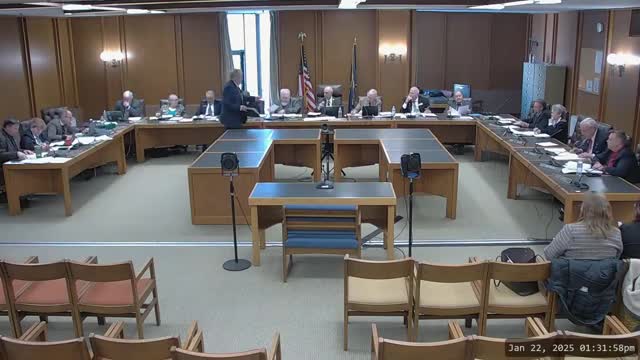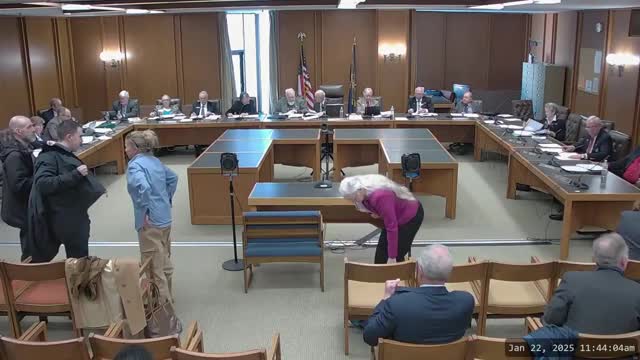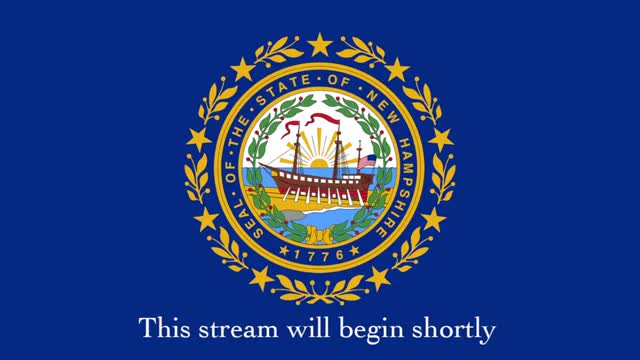Article not found
This article is no longer available. But don't worry—we've gathered other articles that discuss the same topic.

Rep. Schamberg proposes redirecting larger share of business tax revenue to education trust fund to cut property tax burden

Bill to create 10‑year charitable gaming oversight commission draws support and calls for guardrails

